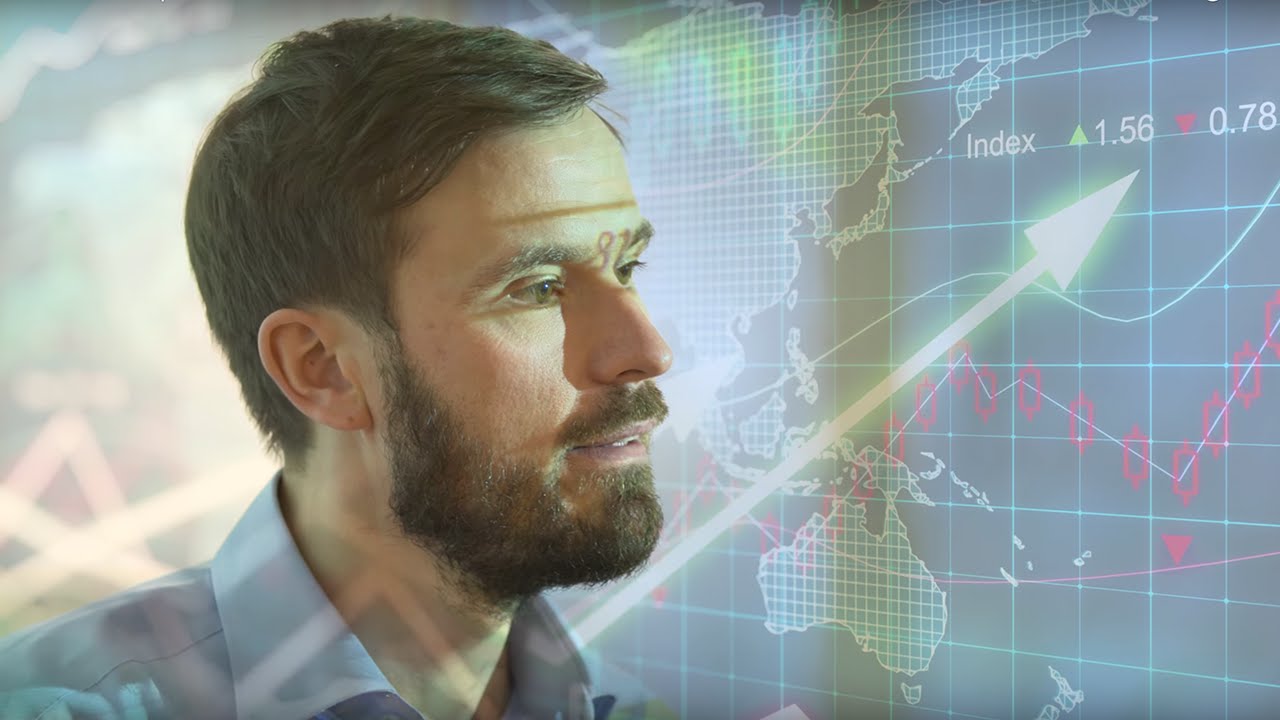A humanities perspective on natural sciences and technology
‘Science in Perspective’ is the name of a new study programme at ETH Zurich that will teach students of natural sciences and engineering the overarching normative, historical and cultural perspectives of their subject.

Humanities (e.g. literature, philosophy, jurisprudence) have formed part of teaching at ETH Zurich since the university was founded as the ‘Polytechnikum’ in 1855. Until well into the 20th century, the aim of these subjects was to bring about holistic personal development, building upon the ideals of the Enlightenment. Those leaving ETH Zurich were to contribute to the development of society both through their scientific and technical knowledge and as citizens with a capacity for holistic thought.
Since the turn of the millennium, the demands facing humanities and social sciences at ETH Zurich have changed: scientific and technical innovations are emerging at an ever-increasing pace and are changing people’s lives (keywords: nuclear power, computerisation, mobility, genetic engineering). In light of this development, it is now expected that students, researchers and specialist staff in the fields of engineering and natural sciences will be able to reflect on the premises and effects of their subject and incorporate these reflections into their approach.
Humanities that make reference to technology
Instead of offering humanities/arts education as a supplement to tuition in natural sciences and engineering, at ETH Zurich the fields of humanities and social sciences orientate their teaching and research towards the topics and syllabuses of natural sciences and engineering. This transdisciplinary interlinking was already a central plank when, in the year 2000, ETH Zurich established the Department of Humanities, Social and Political Sciences (D-GESS).
The technological orientation is clearly reflected in the department’s research: for example, research at D-GESS is carried out by science historians who have also worked as neurophysiologists or mathematicians, sociologists with a specialist background in physics, philosophers with skills in the fields of biology, physics and mathematical logic, or even political scientists with expertise in energy technologies.
Now, as the autumn semester 2016 gets underway, the teaching of humanities, social and political sciences at ETH Zurich will feature an even more direct – and bilingual – link to the teaching in core natural sciences and engineering subjects. Under the name of ‘Science in Perspective’, the new study programme was launched at the end of August at a small gathering in the Semper Aula and is replacing the existing compulsory elective.
Tailored to specialist requirements
One characteristic of the new programme is that the humanities and social sciences classes are tailored to the specialist requirements of the respective natural sciences and engineering courses. The name ‘Science in Perspective’ refers to the fact that students at D-GESS will encounter different perspectives on their core subjects, allowing them to place their specialist knowledge within societal contexts.
Typical questions addressed under the ‘Science in Perspective’ approach will include, for example: How do new research technologies change the way in which scientific knowledge is generated? Why do certain technologies become established while others do not? Why do we invest in high technology? How does the internet change our understanding of intellectual property? What does responsibility mean for natural scientists and technical experts? What are the political consequences of genetic engineering?
The diverse and exciting nature of this approach to teaching and research is showcased in a new video that has just been published by the Department of Humanities, Social and Political Sciences. Over the course of just five minutes, David Gugerli, Professor of History of Technology, Tobias Schmidt, Professor of Energy Politics, Renate Schubert, Professor of Economics, Stefan Bechtold, Professor of Intellectual Property, and ETH Rector Sarah Springman give a vivid impression of what the new course programme looks like and how valuable it is for those studying at ETH Zurich.
Specialists with social and normative vision
For Michael Hampe, Professor of Philosophy and Head of Department, the value of ‘Science in Perspective’ is that students grapple with the overarching normative, historical and cultural perspectives of natural sciences and engineering subjects. In this way, Hampe says, they learn ‘how social and political developments have fostered or blocked scientific and technical discoveries in the past and about the social and political context in which their work is currently taking place’.
At this point, Hampe draws a parallel with the original educational ideal of the Enlightenment: those who are aware of the societal and cultural premises of their subject in addition to its basic principles and methods are then also able to distinguish themselves as specialists with social and normative vision or to promote the value of independent research: ‘Students at ETH Zurich learn that their work is subject to societal conditions that are fragile, that can disappear again, that we have to be committed to, that they themselves have to be committed to, because no one else will do it for them.’
